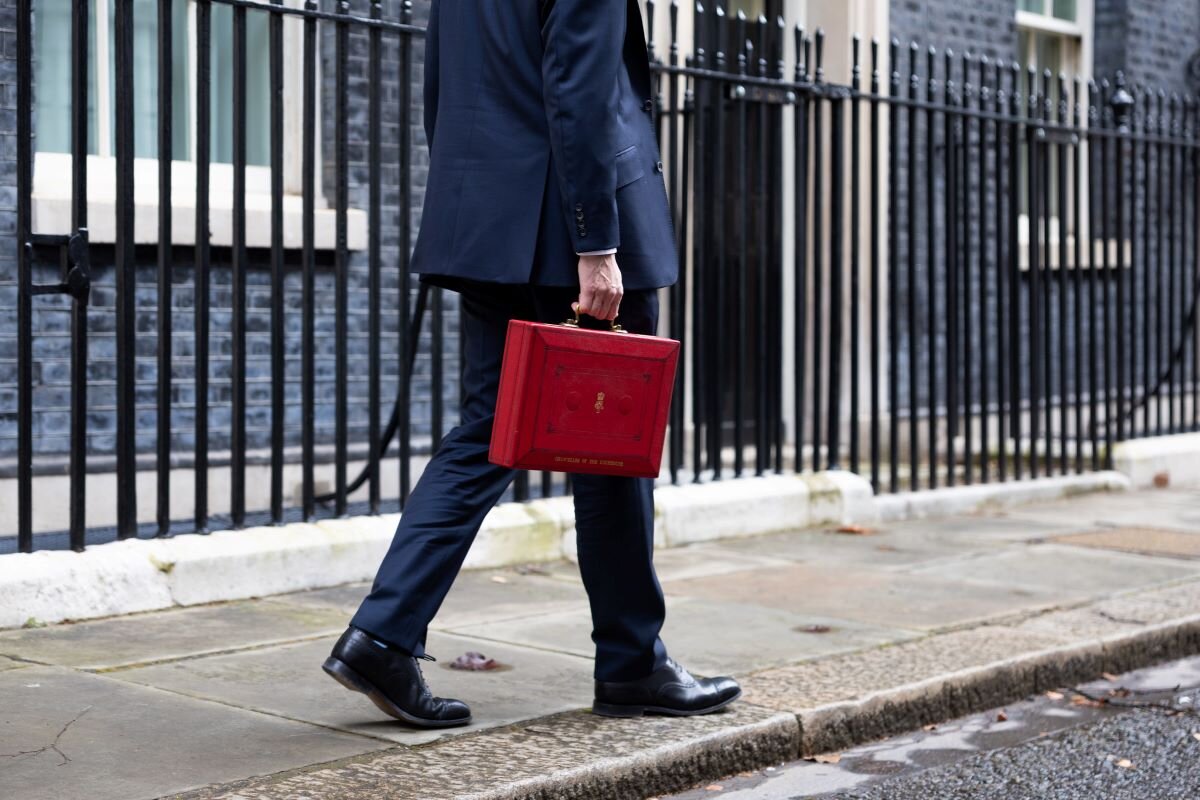A quarter of renting households in England live in fuel poverty. The UK government has consulted on tightening regulations on energy efficiency that could save renters £570 per year on their energy bills. By introducing fiscal support in the Autumn Budget, the Treasury can pave the way for higher standards in the private rented sector. This will help landlords get ahead of regulatory changes and help lower renters’ bills.
There is a compelling case for boosting energy efficiency in the private rented sector. Citizens Advice highlighted that renters face widespread problems with damp, mould and cold, with 1.6 million children exposed to these conditions. Around two-thirds of privately rented properties in England and Wales fall below EPC C, the government’s target rating for all fuel-poor homes by 2030.
Research from the National Residential Landlord Association found that 72% of landlords who are not planning to improve their property in the next two years would reconsider with a change to tax deductibility rules. Other countries – including France, Germany and Scotland – have introduced tax incentives and green loans to support higher standards.
We encourage the Treasury to consider options to incentivise landlords to boost the energy efficiency of properties. Individual landlords pay income tax on their rental properties at the same rates of tax as other earned income. Before they work out how much they will be taxed, landlords may deduct costs of managing the property, legal fees, replacement furniture, insurance, utility bills, ground rent and maintenance and upkeep – but not energy-saving improvements.
Changing the rules to allow energy efficiency improvements to be offset against rental income – and therefore income tax – could help make investment more attractive for landlords.
Attractive green lending and demand aggregation schemes can also support attractive finance offers, potentially via the UK Infrastructure Bank.
Read the Autumn Budget briefing on incentivising energy efficiency improvements for private renters.


